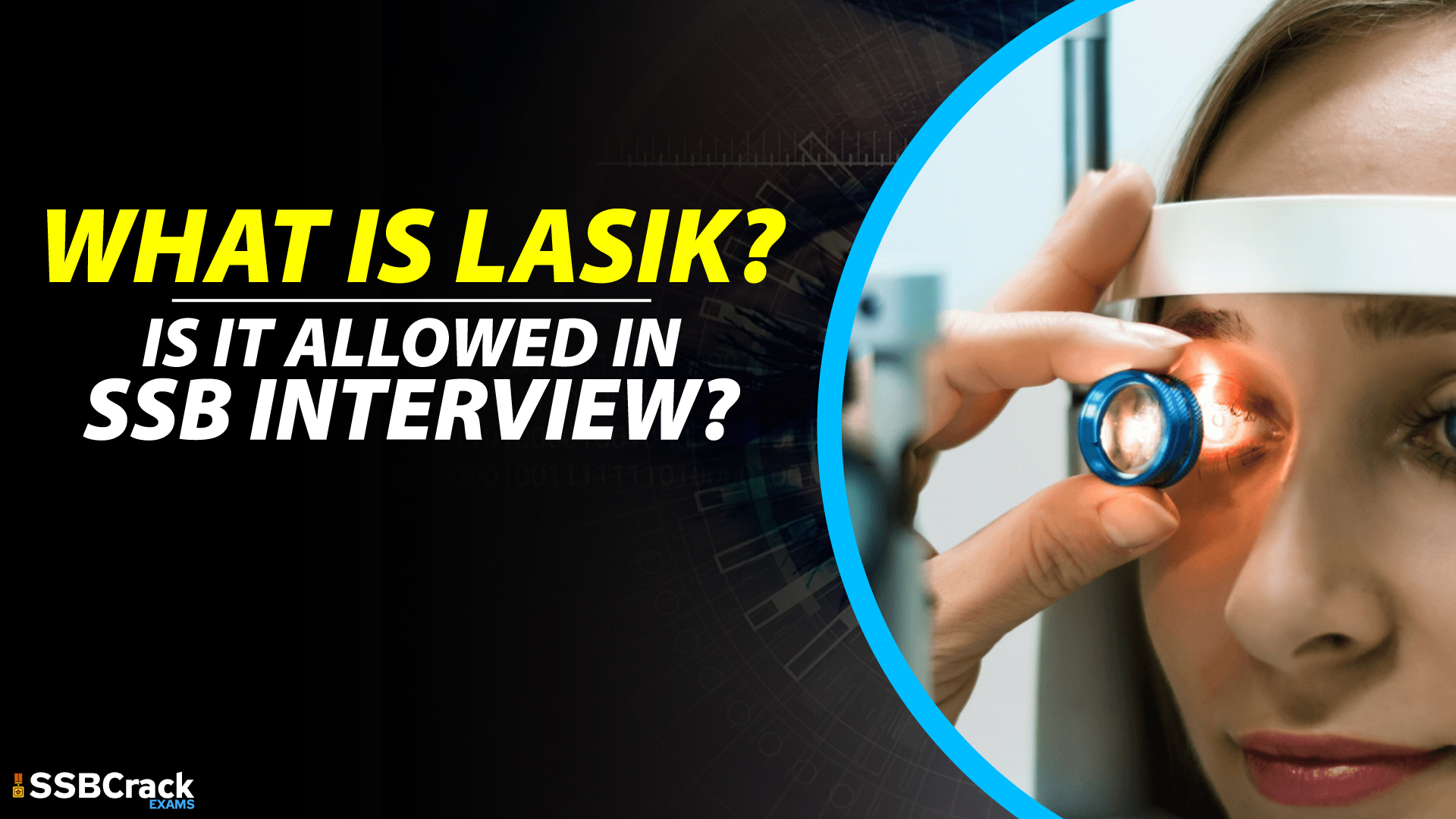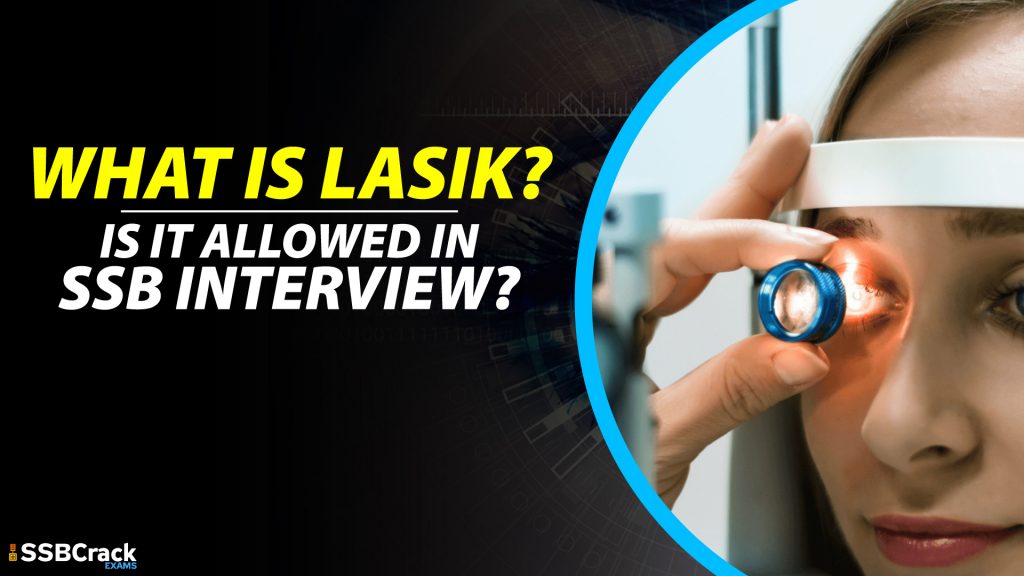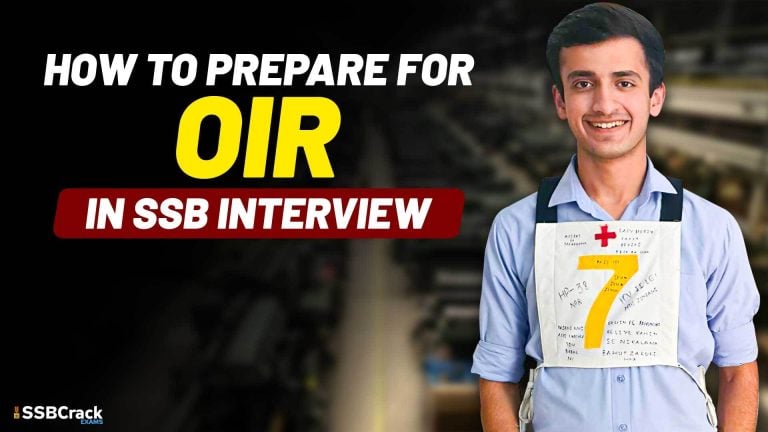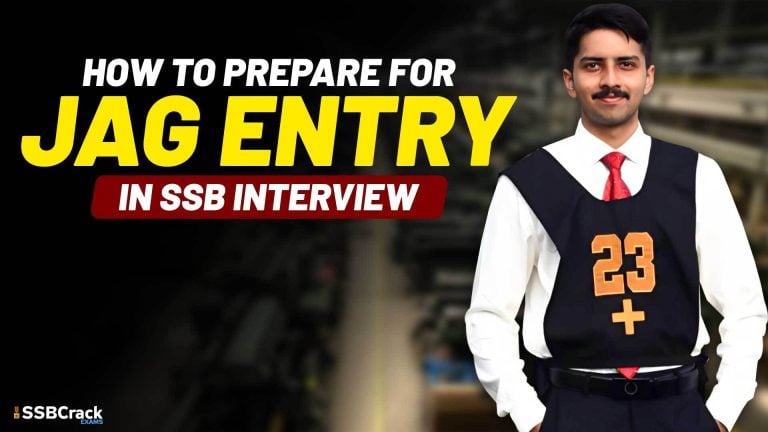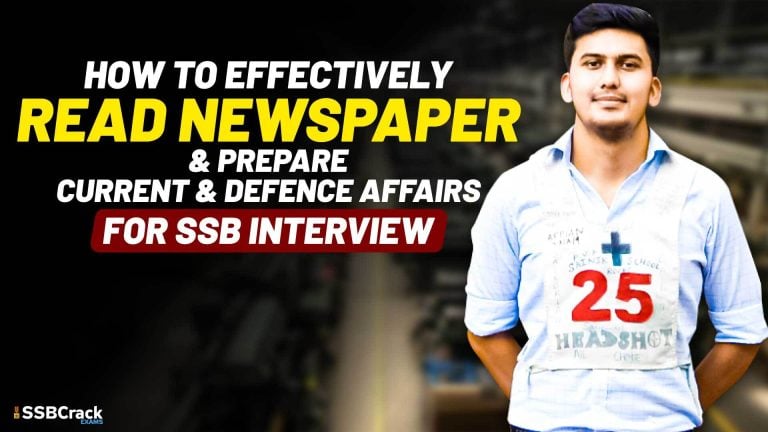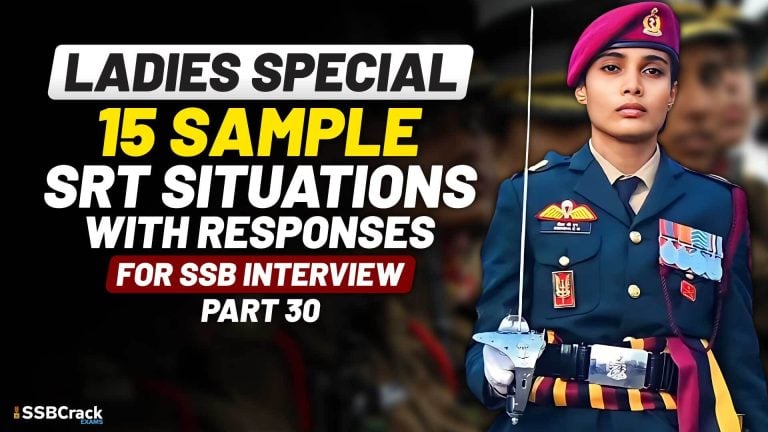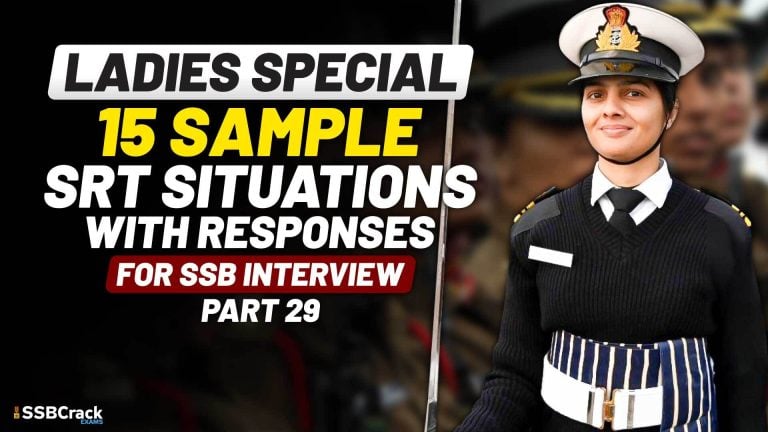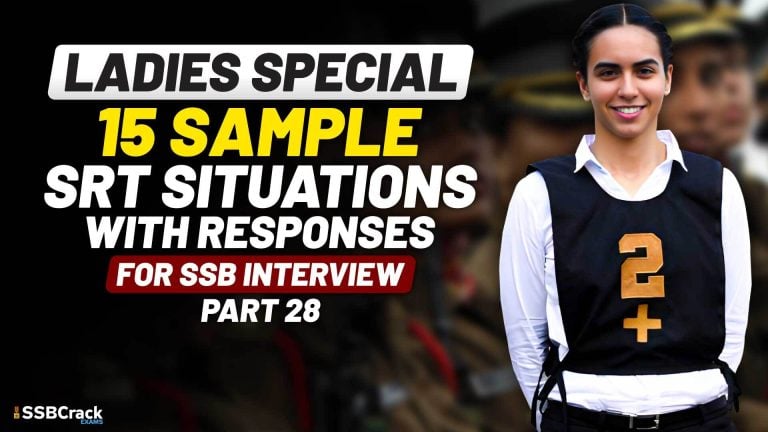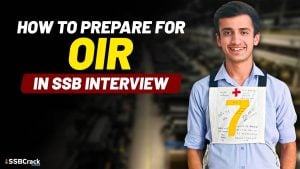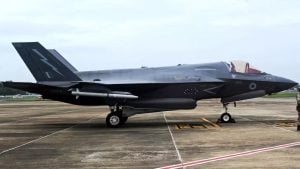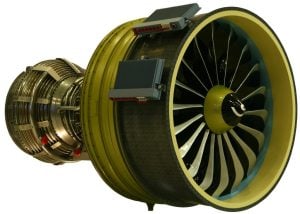LASIK is a type of refractive eye surgery. People who no longer wish to wear glasses and contact lenses and want 6/6 eye vision often go for LASIK. But one might still need to depend on glasses or contact lenses during night time, driving, or any such activity that require more focus in less light situations according to age and intensity of vision.
LASIK or Lasik is a type of refractive surgery used to cure myopia, hyperopia, and astigmatism. It is also referred as laser eye surgery or laser vision correction.
LASIK cures three of the following:
- Hypermyopia: It is basically farsightedness. It is a condition in which far objects are clearly visible but near objects appear blurry.
- Myopia: It is basically nearsightedness. It is a condition in which objects nearby are clearly visible but far away appear blurry.
- Astigmatism: It is a condition due to which one sees objects overall blurry.
Read: Can You Become Indian Army Officer With Weak EyeSight
Your eye surgeon will take thorough measurements of your eye and analyse the general health of your eye before performing LASIK surgery. It’s possible that you’ll be given a light sedative right before the surgery. Eye-numbing drops will be delivered after you are lying comfortably on an operating table. Then he or she will precisely modify the curvature of your cornea using a unique sort of cutting laser. A small piece of corneal tissue is eliminated with each pulse of the laser beam, allowing your eye surgeon to flatten or steepen the curve of your cornea. The traditional method of correcting blurry vision is to bend (refract) light rays with glasses or contact lenses. However, reshaping the cornea (the clear dome-shaped tissue at the front of your eye) can give the necessary refraction and vision correction.
LASIK entails making a partial-thickness corneal flap and ablation of the cornea’s bed including an item sets laser. After that, the flap is returned to its original position. After surgery, there is no discomfort, and vision recovery usually takes 1 to 2 days.
After the SSB Interview, on the first day of medicals. Medicals and SSB are both part of the selection requirements for the academies in which one is trained, but they are conducted independently.
As per Indian Defence Forces guidelines mentioned in their official websites. Following the SSB results, recommended candidates appear before the medical board to complete their medical board. The medical board takes 4 to 5 days to complete in the concerned Military Hospital, after which the applicants are dispersed. Unless otherwise ordered, NDA candidates are assessed for both the Army and the Navy, and their fitness status is endorsed accordingly. The candidates for the Appeal/Review Medical Board proceedings will be guided by the president of the medical board. In the event that they have been ruled unfit, candidates may seek the guidance of the President Special Medical Board for a review/appeal.
The Medical Board Testing will be held at one of the following hospitals:
- Base Hospital, Delhi Cantt.
- Command Hospital, Southern Command, Pune.
- Command Hospital, Eastern Command, Kolkata.
- Command Hospital, Central Command, Lucknow.
- Command Hospital, Western Command, Chandimandir.
- Command Hospital, Air Force, Bangalore.
- Command Hospital, Northern Command, C/o 56 APO.
- INHS, Ashvini, Mumbai.
Candidates must report for medical examination within the specified time frame, i.e., 42 days from the date of their last examination by the Special Medical Board, along with a receipted copy of the MRO/TR, as ordered by the President Medical Board. The goal is to finish the Medical Board in one day.
A ‘prior medical history’ form must be completed. You must include information on the LASIK procedure in this section. As a result, there will be some additional eye examinations, one of which will be the measurement of axial length.
In SSB medicals, Lasik surgery is permitted if there are no issues after a year of surgery.
The following factors determine whether or not a LASIK candidate will pass the medical board:
- A applicant must have a 6- to 12-month gap between medical boards.
- The candidate must be at least 20 years old at the time of LASIK.
- The axial length of the eye must be at least 25.5mm.
- The corneal thickness after LASIK should not be less than 450 microns.
- The opthalmologist’s mood and judgement
According to the Press Information Bureau, Government of India, Defence Ministry:
All candidates whose vision defects have been medically treated using Laser-Assisted in situ Keratomileusis (LASIK) and/or Photorefractive Keratectomy (PRK) eye surgery are not disqualified from recruitment into various branches of the Armed Forces including engineering, medical services. However, owing to the requirement of physical fitness for military service such candidates are selectively accepted in the Armed Forces, the details of which are as under:-
(A) Candidates beyond the age of 20 years with LASIK and/or PRK surgery can seek a commission in the Army on fulfilling the following conditions:-
(i) Uncomplicated stable LASIK / PRK done for Myopia or Hypermetropia with stable refraction for a period of six months after the procedure.
(ii) A healthy retina.
(iii) Corrected vision should be 6/6 in better eye and 6/9 in worse eye, with maximum residual refraction of + 1.50 in any meridian for myopia or hypemetropia.
(B) The LASIK and / or PRK can be permitted in Armed Force Medical College (AFMC), Pune at entry level for candidates above the age of 20 years. Candidates with LASIK / PRK at entry level are not permitted in National Defence Academy (NDA), Navy and Air Force as well as at entry level of Other Rank (OR) and Junior Commissioned Officers (JCOs).
In Army, the candidates who have undergone LASIK / PRK will not be considered for aircrew duties.
At present, there is no such proposal as the long-term effects of LASIK / PRK surgery can vary.
This information was given by Defence Minister Shri Manohar Parrikar in a written reply to Shri Avinash Pandein Rajya Sabha.
Go over the entire list of prerequisites on the official website, and we would recommend consulting a DGCA doctor. Inform him of your defence goals and consult him thoroughly. Don’t make hasty decisions.
Guidelines reference from:
- Press Information Bureau
- www.IndianArmy.com/medical-examination
Also Read:


